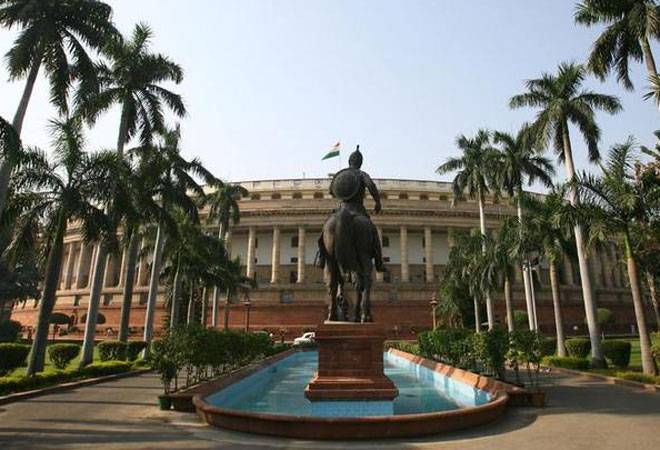India has signed extradition treaties with 48 countries. We will use diplomatic channels to bring back fugitives from countries where we don’t have such treaties yet, says Interim Finance Minister Piyush Goyal.
After the Lok Sabha’s green signal on July 19, the Fugitive Economic Offenders Bill, 2018, was passed by the Rajya Sabha on Wednesday. The legislation, which empowers authorities to attach and confiscate properties and assets of those who flee the country after committing economic offences, especially defaulting on loans, was hotly debated in the Upper House of Parliament on Wednesday. The Lok Sabha passed the bill on July 19. The Bill now awaits President Ram Nath Kovind assent following that it will become a law. Under the Bill, the Enforcement Directorate would be the investigative authority.
In a rare instance, Rajya Sabha Chairman Venkaiah Naidu opened the debate with his own remarks: “We are aware of what is happening in the country. I hope the legal luminaries here can shed light on this. People want to know if confiscation of properties, criminal prosecution, and bringing the accused back to India will be possible.”
Vivek Tankha of the Congress party initiated the debate and asked why the law was applicable to only those who’d committed economic offences that amounted to more than Rs 100 crore in losses to the nation. Citing the cases of fugitives like Vijay Mallya, Nirav Modi and Mehul Choksi, Tankha asked if the law would apply in retrospective effect. “The real test is if any fugitive will come back. This law is too little and too late. If you are confiscating a property, why would a fugitive come back?”
BJP MP Bhupendra Yadav informed the House that there are 30 economic offenders that have fled the country, and that a white paper during the UPA regime had claimed that black money can’t be tackled with in the absence of stringent laws. Most MPs supported the Bill but pointed lacunae that they wondered would stand legal scrutiny. For instance, Prasanna Acharya of the BJD and TMC’s Sukhendu Shekhar Roy asked how an individual could be penalised without conviction. Samajwadi Party’s Neeraj Shekhar said he worried the law could be misused against political rivals of the ruling establishment.
Congress’ Rajeev Gowda asked why an Indian law would apply in a foreign jurisdiction. “Foreign nations may raise issues such as state of Indian prisons or human rights. The government should fix these problems in anticipation,” he advised. Gowda added the clause barring accused not to be a part of civil cases is unconstitutional. “I challenge Piyush Goyal to bring back at least one offender by 2019, or else hang your head in shame,” he said.
Interestingly, BJP’s Mahant Shambu Prasad said during the debate that he had the dubious distinction of occupying the same seat as Vijay Mallya in the Rajya Sabha. He added every member in the House prior to 2014 would have taken photos with Mallya; Congress Rajya Sabha member Anand Sharma objected to this.
Interim Finance Minister Piyush Goyal, replying on issue, said, “We have signed extradition treaties with 48 countries. We will use diplomatic channels to bring back fugitives from countries where we don’t have such treaties yet.”
On the Rs 100-crore threshold, Goyal said the clause was introduced to focus speedy investigation on large offenders. “This doesn’t mean smaller offenders will be let off,” he said, adding that large offenses will be handled by special courts so that serious offenders would be handled effectively.
Goyal clarified that an offender’s property won’t be attached if he/she returns to India to face the law. He said proceedings would be terminated when the person appears in court, as under this Bill they can’t be prosecuted. The Finance Minister announced the Enforcement Directorate would be the investigative authority as per this new legislation.


